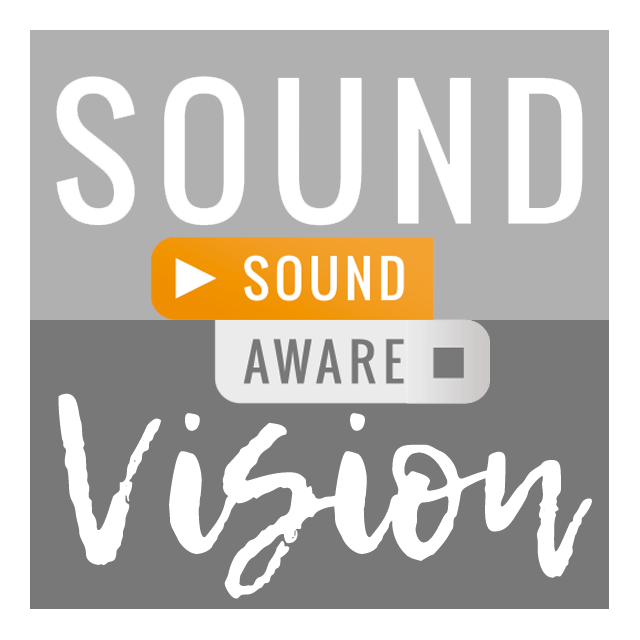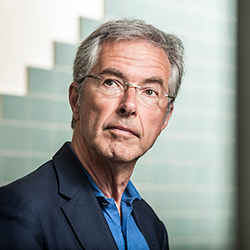The Sound Vision of Jan Hautekiet
 The world we live in at the moment is quite difficult, with the pandemic and the measures taken to stop the spread of the virus. For everyone, regardless of their age, where they live or the industry they work in. Of all industries, the cultural one might have been hit the hardest. Where some sceptics talk about ‘those few gigs and festivals that were cancelled’, it actually affects millions of artists, actors, musicians, production - and other staff who’ve been out of work and income, all over the globe, for months. That’s why we thought it was time for an update, coming straight from the people in the industry. This episode of Sound vision: Jan Hautekiet, musician, writer, radio maker and chairman of Sabam.
The world we live in at the moment is quite difficult, with the pandemic and the measures taken to stop the spread of the virus. For everyone, regardless of their age, where they live or the industry they work in. Of all industries, the cultural one might have been hit the hardest. Where some sceptics talk about ‘those few gigs and festivals that were cancelled’, it actually affects millions of artists, actors, musicians, production - and other staff who’ve been out of work and income, all over the globe, for months. That’s why we thought it was time for an update, coming straight from the people in the industry. This episode of Sound vision: Jan Hautekiet, musician, writer, radio maker and chairman of Sabam.
Text Kylie Fletcher


